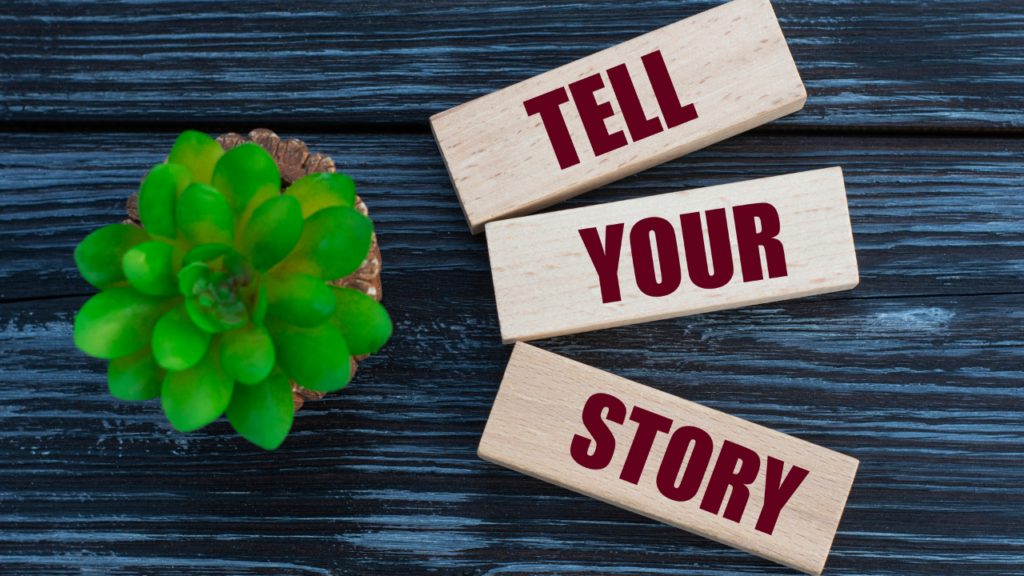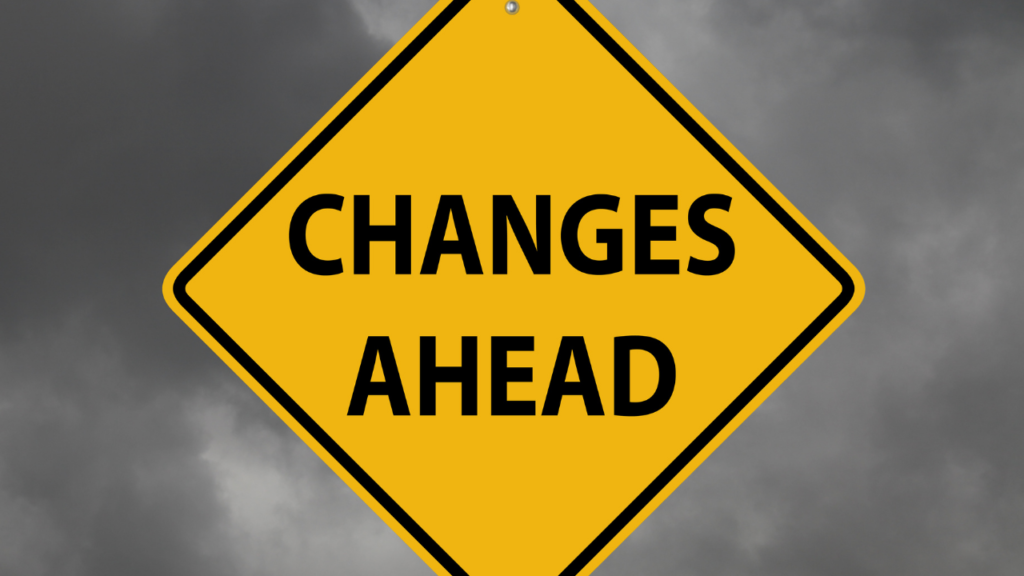Self-awareness is one of the most valuable qualities you can exhibit in a workplace setting. It’s the underpinning of not only recognizing what your qualities and competencies are, but also understanding and compensating for your weaknesses. When you are cognizant about who you are and what value you bring to the table, you can more effectively plug into communications and conflict in productive ways. Self-cognizance also informs whether it may be a moment to step back and listen/support or speak/lead. Self-awareness can even compel others to regard you as authentic, honest, and trustworthy.
Don’t Listen to Your Inner-Story. Tell it.
First, perform a quick diagnosis of your day-to-day inner narrative. How is this narrative structured? Where does it come from?
Most people’s inner narrative is the result of them listening to themselves – it’s a narrative predicated on reacting to outside stimuli, internal feelings and biases. Not all of these corollaries are spoken out loud, but they do sometimes leak out! For example, if someone cuts in front of you in line at the grocery store, your inner narrative may spike with annoyance and anger. Your externally expressed demeanor and words may betray components of that irate narrative. Although this example is simple, the same process tends to occur around other events when a habit of listening to and reacting to your inner narrative exists.
Instead of following this reactionary process, attempt to change your inner narrative by talking to yourself instead of listening. This self-directed narrative, or purposeful narrative, produces a different anecdote than the account told by feelings. And the best part is, you determine the end of the story before it even begins! It will be an end that showcases the qualities, characteristics or competencies you want, and not a reaction. It will be an end that aligns with what you purposefully determine you want to display in specific types of moments. In the context of the above example, instead of being reactive when a person steps ahead of you in line at the grocery store, you are proactive. You already understand shoppers can feel rushed at the supermarket and you can have a good attitude and even generate rapport with the hasty shopper. You can decide beforehand when you deal with someone who is rushed – or rude – that your approach will be one of kindness. Or consideration. Or Humor.
Look as Far as Your Friends
Second, consider who knows you best and what you can learn from them about yourself. Your friends (and sometimes family) are phenomenal sounding boards for honing self-awareness. Ideally, your friends are kind but candid. They can describe in detail the qualities that make you respected and exceptional (which you can leverage to help yourself and others), and can also find and factor your faults. Seeking out feedback from your friends is a way of calibrating your self-awareness. You already have some innate awareness. You can sharpen it by having a purpose. But receiving external feedback, especially from people who know and love you, can be life-altering. It’s even more helpful if it’s tangible – so encourage friends to provide feedback on your actions and words either in the moment if you’re alone, or tastefully when the moment has passed if you’re not. Incorporating these pointers into your life can enable you to polish and perfect your self-awareness.
Challenge Yourself to Change
The most self-aware people are constantly changing themselves in small ways to align professionally, socially and emotionally with deliberate, predetermined values. It is important to identify what those values are, but just as crucial is orienting your actions and thoughts to those values. This takes mindfulness and humility, followed by quiet yet extraordinary decisiveness.
Sunita Sharma once wrote, “self-awareness does not stop you from making mistakes, it allows you to learn from them.” This is true, and can benefit yo
u in spades. Garnering the capacity to dictate rather than listen to your inner narrative, elicit meaningful feedback from your friends and change when needed are important strategies to strengthen self-awareness. It is invaluable to you in your professional life and priceless in your personal life, and it is a skill that can be developed purposefully, steadily and often.
There’s a lot of talk about self-awareness in the workplace these days. Some even argue that it is becoming a necessary competency for leaders and managers to have. In order to be successful, many believe you need to know yourself inside out, which includes knowing your strengths, weaknesses as well as what makes you happy or unhappy at work. Self awareness begins with being mindful and recognizing when something doesn’t feel right–whether it’s saying “no” more often than not because an activity isn’t fulfilling enough; realizing your own strengths and weaknesses or challenging yourself to change the parts that no longer serve you, becoming more in tune with your inner self can ultimately be a game changer for your personal and professional life.







